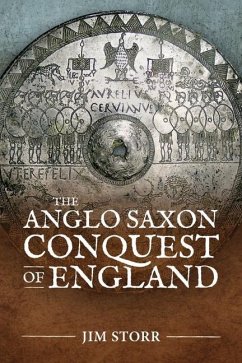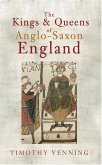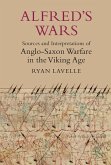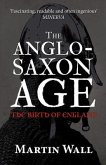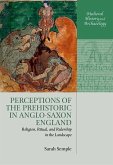The Anglo-Saxon Conquest of England was previously published as King Arthur's Wars: The Anglo-Saxon Conquest of England. How did Roman Britain become Anglo-Saxon England? The answer matters. This is written in English. Not Scots Gaelic, nor Latin. Before the Anglo-Saxon conquest there was no 'English'. Anglo-Saxons gave the world the English language (the language of Shakespeare, Keats, Byron and Shelley); parliaments; trial by jury; and cricket and warm beer. Every time you get into a passenger aircraft, anywhere in the world, the air traffic controllers will be speaking English. So it does matter. It's about how the English became the English and, to that extent, much about the modern world. We do not, however, really know the answer. There are very few historical sources from the period. There are also a few intriguing but garbled and confused oral sources, written down centuries later. The archaeology of the period is scant, confusing, and at times contradictory. The Anglo Saxon Conquest of England describes one of the biggest archaeological finds of our times; yet there is nothing new to see. There are secrets hidden in plain sight. Therefore this book brings an entirely new approach to the subject. The answers are out there, in the countryside, waiting to be found. Months of field work and map study allow us to understand how the Anglo-Saxons conquered England, county by county and decade by decade. The book exposes what the landscape and the place names tell us. As a result, we can now know far more about this critical period. What is so special about Essex? Why is Buckinghamshire an odd shape? Why is the legend of King Arthur so special to us? Why don't Cumbrian farmers use English numbers when they count sheep? Why don't we know where Camelot was? Why did the Romano-British stop eating oysters? The Anglo Saxon Conquest of England answers those questions, and many more.

